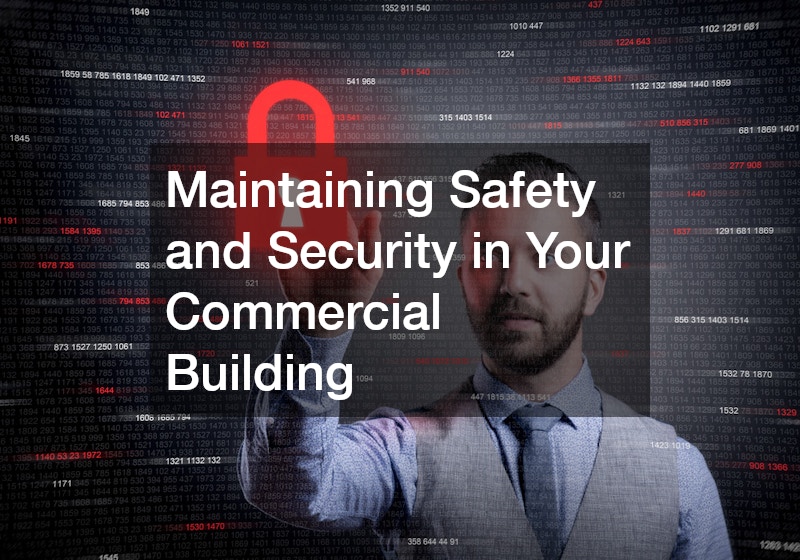A logistics business is a complicated one. You need to manage inventory, track shipments, and ensure that your customers are happy. To do all of this, you need the proper tools and equipment to get the job done. Here are some of the most important equipment you will need to succeed.
Trucks
Logistics businesses require a fleet of trucks to transport goods across long distances. While there are many types of trucks on the market, there are a few essential features that every logistics business should look for when choosing a truck.
First, the truck should have a large capacity to transport large volumes of goods. Second, the truck should be able to travel at high speeds to meet delivery deadlines. Finally, the truck should be equipped with GPS tracking to ensure that the goods are always delivered to the correct destination.
If you don’t already have a fleet, you can go for lifted diesel trucks for sale. These trucks can lift heavy things, which is vital for logistics. Having these trucks in your fleet will ensure that you can easily handle every consignment and provide better customer service.
GPS System
A GPS is an absolute must for any logistics business. Not only will it help you keep track of your vehicles, but it will also allow you to route them more efficiently. There are some different GPS systems on the market, so choosing one that’s right for your business is important.
For example, some GPS systems come with real-time traffic information, while others include geofencing and route optimization features. If you’re unsure which system is right for you, consult an expert who can help you make the best decision for your business.
Loading Dock
A loading dock is a must-have for any logistics business. It is the point of entry and exit for all your trucks and trailers, and it needs to handle the constant traffic flow. There are a few key pieces of equipment that you will need to make sure your loading dock is up to the task.

First, you will need a loading dock leveler. This will ensure a smooth transition between the dock and the trailer, making it easier to load and unload cargo. Second, you will need a set of dock restraints. These will keep the trailer from moving around while loaded or unloaded. Third, you will need some edge protection. This can be in the form of aprons, fenders, or cushioning material. It will help prevent damage to the trailer and the dock itself. With these three pieces of equipment, your loading dock can handle anything that comes it’s way.
Shipping Containers
As a logistics business, you know that shipping containers are a must-have for transporting goods. But what type of container is right for your business? Here are some things to consider when choosing shipping containers for your business:
- Size: Shipping containers come in various sizes, from small cargo vans to large semi-trucks. Choose the size that best fits the needs of your business.
- Material: Shipping containers are made from various materials, including aluminum, steel, and plastic. Choose the material that is best suited for the type of goods you will be shipping.
- Durability: Shipping containers must be durable enough to withstand the rigors of transportation. Choose a material that is resistant to wear and tear.
These are just a few things to consider when choosing shipping containers for your business. You can find the perfect container for your needs with so many options available.
Forklifts
If you’re in the logistics business, you know that forklifts are essential equipment. They help to move heavy goods around your warehouse and can also be used to load and unload trucks. While forklifts come in various sizes and styles, there are a few essential features that you should look for when choosing a forklift for your business.
Firstly, ensure that the forklift has enough power to handle the loads you typically move around your warehouse. Secondly, ensure that the forks are wide enough to support the loads you’ll be lifting safely. Finally, ensure that the wheels are durable and can navigate smoothly over uneven surfaces. With these features in mind, you’ll be able to find a forklift that will help to keep your logistics business running smoothly.
If you don’t have the right tools and equipment, your logistics business might not perform well. You can consider buying the tools and equipment mentioned in this post first and then consider other essential items as well. By investing in the right equipment, you can ensure your business runs smoothly and efficiently.





